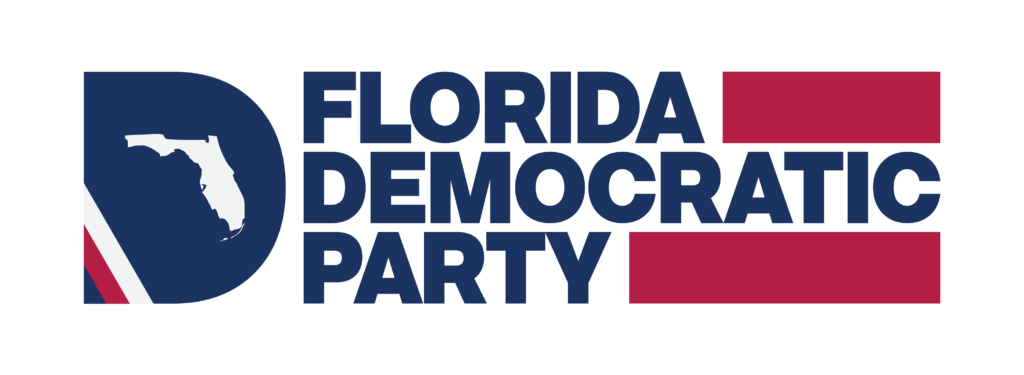In the News
What Floridians Are Seeing: Florida Stands To Massively Benefit From Infrastructure Investment While Marco Rubio Puts His Political Agenda Ahead Of Fixing Roads And Bridges


The bipartisan Infrastructure Investment And Jobs Act will be a much-needed economic boost for the state of Florida. From new funding to help fix Florida’s over 400 bridges and 3,500 miles of highway in poor condition to expanding broadband for the over 700,000 Floridians who currently lack it, the bill will create good-paying jobs, cut commute times, and boost Florida businesses.
New reports are showing just how much Florida stands to gain from the bill. Meanwhile, Marco Rubio is doubling down on his opposition to it, openly stating that he prioritized his own political agenda over investing in Florida’s infrastructure when he voted against it.
See below for highlights of what Floridians are seeing about the infrastructure deal and Rubio’s self-serving vote against it:
WESH: Sen. Rubio discusses voting no on trillion-dollar infrastructure bill
- Rubio joined Republican Florida Sen. Rick Scott in opposing the bipartisan measure despite the approval from 19 other Republicans, including Minority Leader Mitch McConnell.
- Orlando Democratic lawmaker Anna Eskamani said Rubio made a political choice that could have cost the state hundreds of millions of federal dollars.
- “These are not partisan issues. So, for Marco Rubio to continue to play this partisan card is more about his reelection than about the people of Florida,” Eskamani said.
WTVJ: What the Infrastructure Bill Means for South Florida
- It’s money meant to fix everything from aging roads to harmful lead pipes.
- South Florida’s river of grass, the Everglades, is expected to benefit big from the bill: billions of federal dollars to help fund restoration projects
- There are hundreds of bridges here in south Florida, and as you can see some are in dire need of repair. There are billions of dollars earmarked for bridges and the investment is the largest in bridges since the construction of the interstate highway system.
- The deal, a big win for President Biden, hoping the momentum will move forward his second spending bill.
Spectrum News 13: Federal dollars coming to Florida for road fixes
- The Sunshine State is set to receive money to fix roads and fund several other projects as part of the $1 trillion federal infrastructure plan Congress just passed.
- Much of this funding will come over the span of five years. According to the White House, there are 408 bridges and more than 3,564 miles of highway in poor condition across Florida.
- The White House goes on to say, in its infrastructure bill memo, that driver commute times in Florida have risen by 11.6% on average since 2011; also, that each driver pays $425 on average each year for car repairs due to poor roads.
- It is a long list of many projects; that is why not all lawmakers were on board. Both of Florida’s U.S. Republican senators Marco Rubio and Rick Scott voted no.
Tampa Bay Times: Editorial: How the new infrastructure bill will boost Florida
- It’s real stuff: roads, bridges, airports, the electric power grid and, yes, internet service. And a lot of money is flowing to Florida.
- Not only do our roads need work, they need to be kept useable even as the seas rise and the climate changes. Florida is among the most vulnerable to the effects of climate change, so this news — and this spending — will be welcome. It also aims to make Florida safer for pedestrians and cyclists, which matters because the Sunshine State is already the most dangerous place to walk in the United States.
- Although some wrongly claim otherwise, high-speed internet is “infrastructure,” too. And this bill will allocate at least $100 million to help provide broadband coverage across Florida. That will be good news to the more than 700,000 Floridians who don’t have it. For both educational and business purposes, broadband internet is a basic necessity.
- While this is a bipartisan bill, it was strictly partisan business as usual in Florida, sadly. When the Senate approved the bill back in August, Florida Republican Sens. Marco Rubio and Rick Scott both voted “no.”
- So when those things actually get built in Florida, those who voted “no” should not go anywhere near a ribbon-cutting. They may argue that the investments are too expensive. The reality? It’s too costly to Florida’s future not to make them.
###


